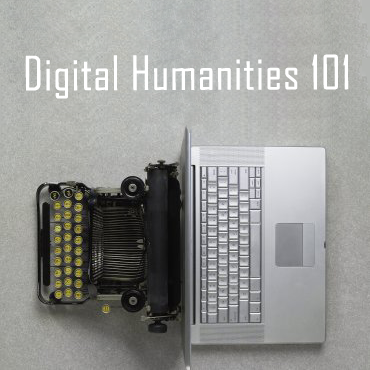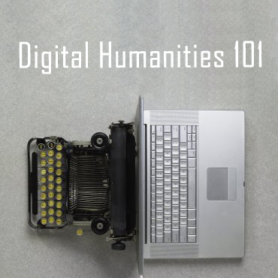
This webinar is set up as an entry into Digital Humanities (DH) thinking. Professor Hugo Quené will show and discuss how to work with digital data and how to employ digital methods in the humanities. The presentation is interesting for everybody within the Faculty of Humanities (and beyond) interested in working with digital sources and/or digital methods.

Digital sources, methods and tools are becoming available at an ever-increasing scale and pace, with deep impact on the humanities too. The large-scale datafication and digitization allows new research questions to be addressed. In this presentation Quené will discuss how one may find relevant data online, how to share your own data, and how to analyze data using computational and statistical tools and methods. In addition, he will discuss key concepts of computational thinking (iteration, abstraction, recursion) and of statistical thinking (sample, variation, probability, model). He will also discuss how to remain critical of the digital data and digital methods. Because researchers and scholars in the humanities need to be digitally literate and competent, this presentation is highly recommended for everybody interested in working with digital sources and/or digital methods. There will be plenty of time to answer questions at the end of the presentation.
About

Hugo Quené (PhD Linguistics, 1989, Utrecht University) is full professor in Quantitative Methods in the Humanities at Utrecht University, where he is also director of the Centre for Digital Humanities and track leader in the Open Science program. Quené has worked as junior, assistant and associate professor in Linguistics, at Leiden University, Indiana University, and Utrecht University. Among many other projects, he has worked on statistical models of speech tempo, and on describing native and nonnative accents of English.

